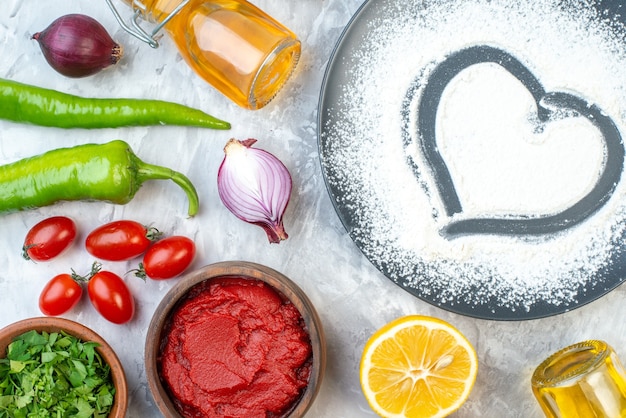
Got eczema? There are certain foods that can help reduce the inflammation causing your skin to be dry, itchy, and flaky, according to nutritionist Olga Hamilton. Eczema, a chronic inflammatory skin condition, affects about one in five children and one in twelve adults in the UK. While the cause of eczema isn’t directly related to diet, certain foods can trigger flare-ups.
Research indicates that dietary factors can indeed make eczema worse, with reactions sometimes occurring within minutes or hours of eating. Nutritionist Olga Hamilton shares five dietary tips to help manage eczema.
First, probiotics are live microorganisms that support your immune system and inhibit harmful gut bacteria, keeping your gut healthy. Common strains like Lactobacillus and Bifidobacterium are found in yogurt, kefir, raw cheese, and fermented foods like natto, tempeh, and miso. Probiotics can reduce immune dysfunction and inflammation, two main causes of eczema. Try incorporating fermented foods into your diet daily, like adding sauerkraut to salads or having yogurt for breakfast.
Next, prebiotics, which are non-digestible carbohydrates, act as fertilizers for good bacteria. They pass through the small intestine and feed probiotic bacteria, helping them grow. Excellent sources include beans, legumes, Jerusalem artichokes, leeks, chicory, asparagus, mushrooms, garlic, and onion. Aim to include three servings of these vegetables daily for better gut health.
Poor liver function can also be a factor in eczema. The liver filters blood from the digestive tract, but when it’s overloaded with toxins, these may manifest as skin issues. Consuming cruciferous vegetables like cabbage, kale, broccoli, and Brussels sprouts helps the liver produce detoxifying enzymes, reducing inflammation and improving skin health. Aim for two servings of these vegetables daily.
Turmeric, a common spice in Asian cuisine, contains curcumin, which has anti-inflammatory and antioxidant properties. It helps restore depleted levels of glutathione, an antioxidant that supports the immune system. Including turmeric in your diet can help reduce eczema symptoms.
Finally, vitamin D is crucial for immune system function and reducing inflammation. It’s produced by the skin in response to sunlight and found in foods like wild oily fish, vitamin D-enriched mushrooms, and grass-fed cow’s butter. Many people, particularly in the UK, have low vitamin D levels, which is linked to eczema flare-ups. Ensuring adequate vitamin D intake can help manage eczema symptoms.
By incorporating these dietary changes, you can help manage and reduce the severity of eczema.




